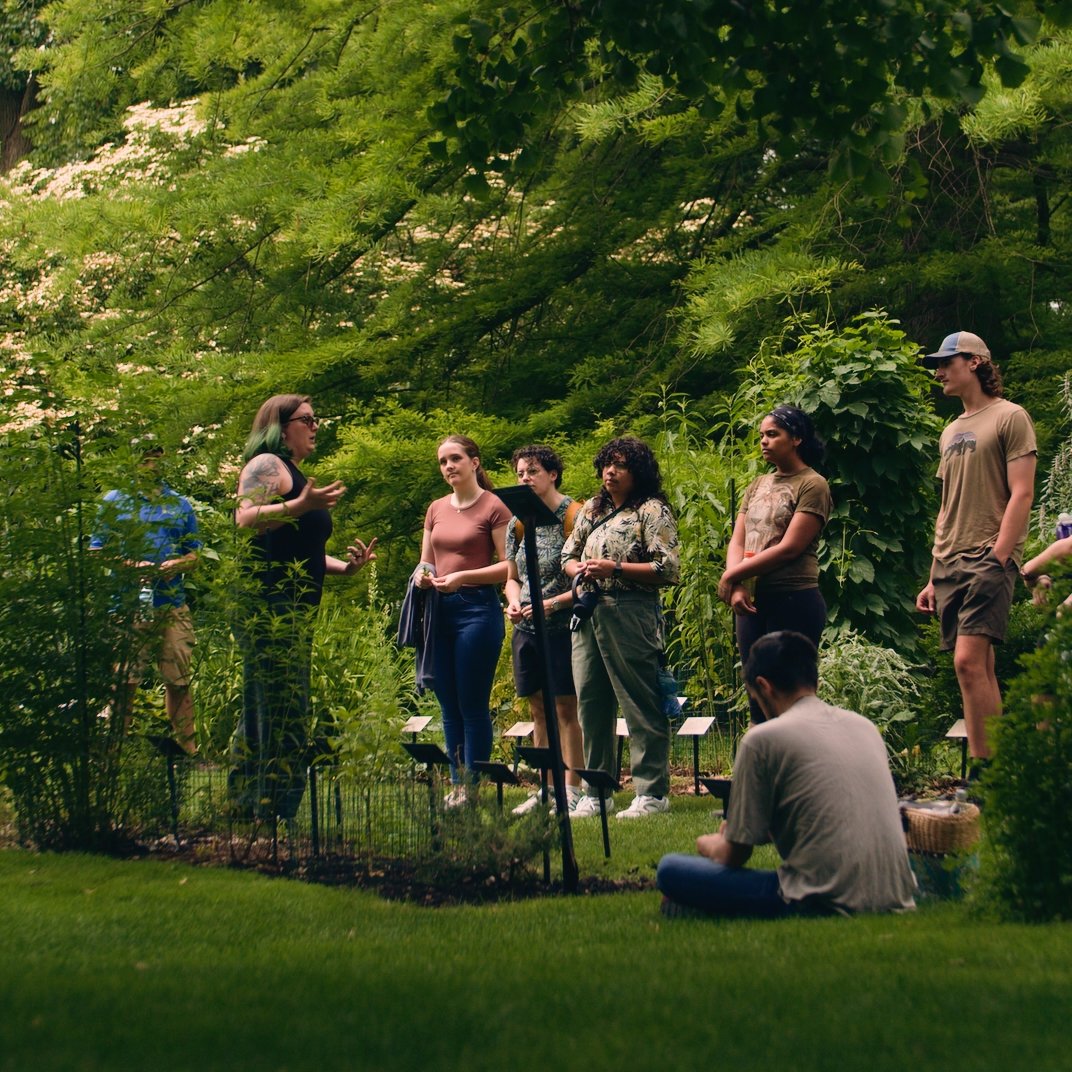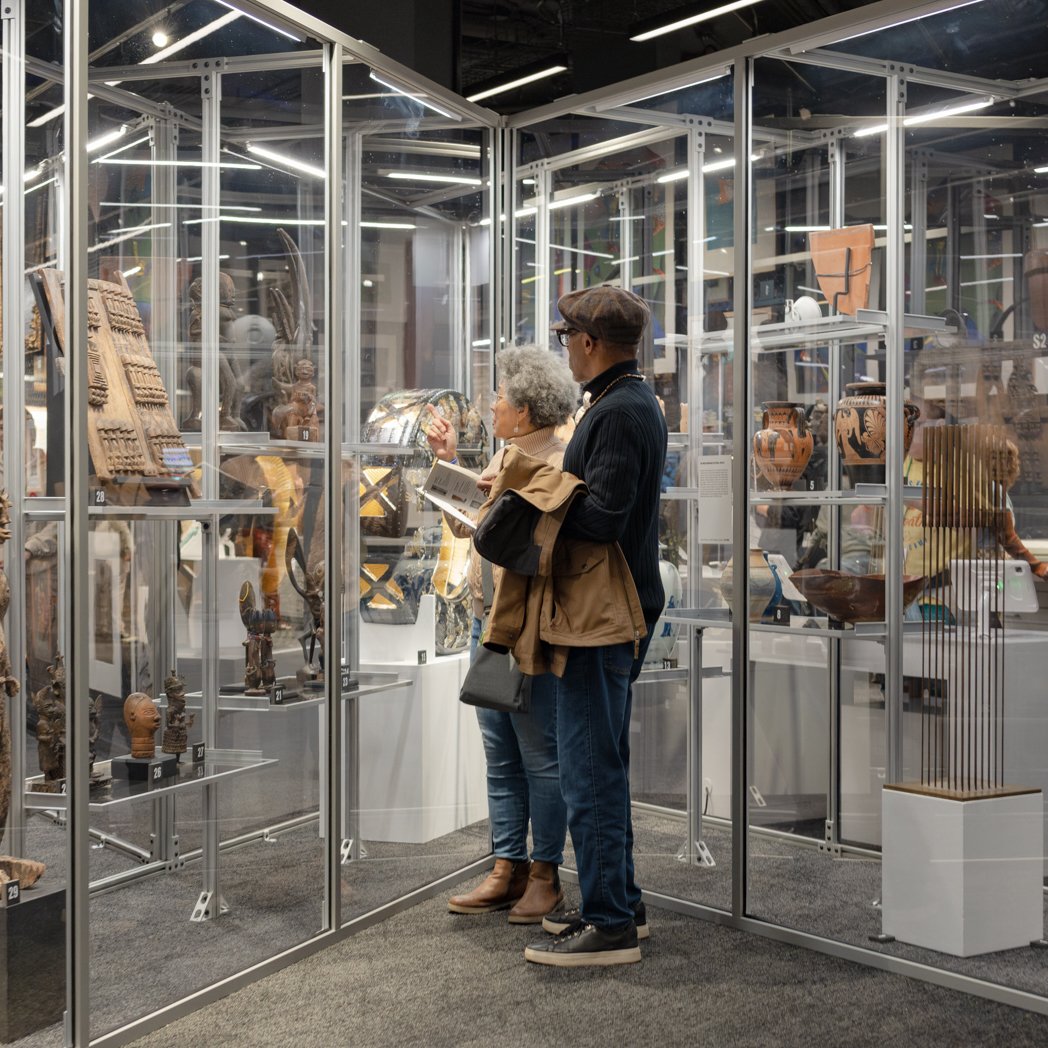Discover Stories of Impact
Bold, collaborative, and driven to make a difference, University Arts and Collections have a transformative impact—on campus and across Michigan.
Bold, collaborative, and driven to make a difference, University Arts and Collections have a transformative impact—on campus and across Michigan.



Land Acknowledgment
Michigan State University occupies the ancestral, traditional and contemporary Lands of the Anishinaabeg – Three Fires Confederacy of Ojibwe, Odawa and Bodéwadmi peoples. The University’s campus resides on the traditional Lands of the Saginaw Band of Chippewa, ceded under coercive or violent circumstances in the 1819 Treaty of Saginaw. Michigan State University is supported through the Land Grant Act, where 10.7 million acres were taken from 245 Tribal nations through the treaty system to fund and establish agricultural colleges. Michigan State University was established on and with 235,193 acres of Anishinaabe Land ceded in the 1819 Treaty of Saginaw and the 1836 Treaty of Washington.
Michigan State University recognizes, supports and advocates for the sovereignty of Anishinaabe Nations from the Great Lakes area, for historic Indigenous communities in Michigan, for Indigenous individuals and communities who live here now, and for those who were forcibly removed from their homelands. By offering this Land Acknowledgement, we affirm Indigenous sovereignty and will work to hold ourselves more accountable to the needs of Indigenous peoples and to the creation of equitable and fair policies for years to come.